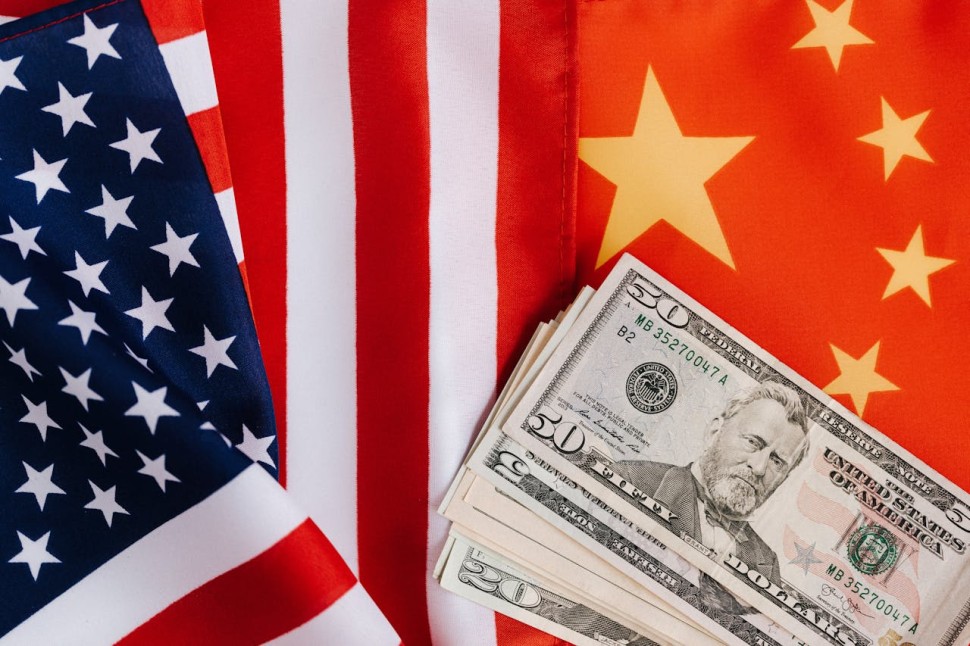U.S. Senators Propose a Bill to Address Chinese Debt
Ohio Sen. J.D. Vance has taken a step that has troubled Wall Street but has brought hope to American bondholders. A groundbreaking bill, recently introduced by Vance, aims to end the People's Republic of China (PRC) 's selective default. The legislation pressures the PRC to settle a trillion-dollar debt owed to targeted U.S. constituents, a daring undertaking and noteworthy departure from previous government approaches.

An Unsettled Debt from the Last Century
The roots of the debt tussle trace back to the early 20th century when the Republic of China, pre-dating the PRC, rolled out significant volumes of sovereign gold-denominated bonds. These long-term bonds, secured by Chinese tax revenues, were designed to fund infrastructure development and various governmental programs. The debt obligations remained unsettled after the establishment of the PRC in 1949, sparking the ongoing dispute.
China's selective default, a stark divergence from standard international practices, aggravates the issue. These financial obligations are passed down under the successor government doctrine, a long-established international law. As the recognized successor government, the PRC is thus held accountable for these debts.
The Precedent of Sovereign Debt Repayment
Similar debt repayment scenarios have played out in the past. Notably, in the late 1980s, British bondholders of defaulted Chinese sovereign debt were compensated following negotiations led by then Prime Minister Margaret Thatcher. This British settlement brings hope and serves as a practical example for the U.S. in its pursuit of the $1 trillion debt owed to American bondholders.
China's continued defiance in settling its debt and its unhampered access to the U.S. capital markets challenge the universally accepted principles of adherence to prior governmental monetary obligations. It is hard to ignore the profound contrast with the Soviet Union's approach in acknowledging and settling Tsarist-era debts to Western bondholders in exchange for market access.
Aiming to Shift the Dynamics of U.S.-China Financial Engagement
Vance's proposed bill targets the $1 trillion China selectively defaults on, taking a fresh, assertive stance in settling outstanding debts. The proposed legislation endeavors to harness China's engagement in U.S. capital markets as a bargaining tool for enforcing debt repayment. Notably, the bill restricts China's access to American capital markets until it honors its debt to U.S. bondholdersâ€"a similar strategy that previously brought success in other nations.
Reactions to the bill's introduction are mixed. While many believe it denotes the dawn of a redefined U.S.-China financial relationship, some argue it's a symptom of escalating financial tensions. Despite various viewpoints, it's undeniable that the push for the settlement of this staggering debt takes U.S.-China relations into uncharted territory, fueling debate on the broader implications of financial engagements with China.
The bill serves as a reminder and an urgent call for China to respect international law and adhere to its financial commitments. As it traverses the legislative process, it remains a matter of keen interest how this bold step in addressing selective default will shape the future of U.S.-China financial relations.




